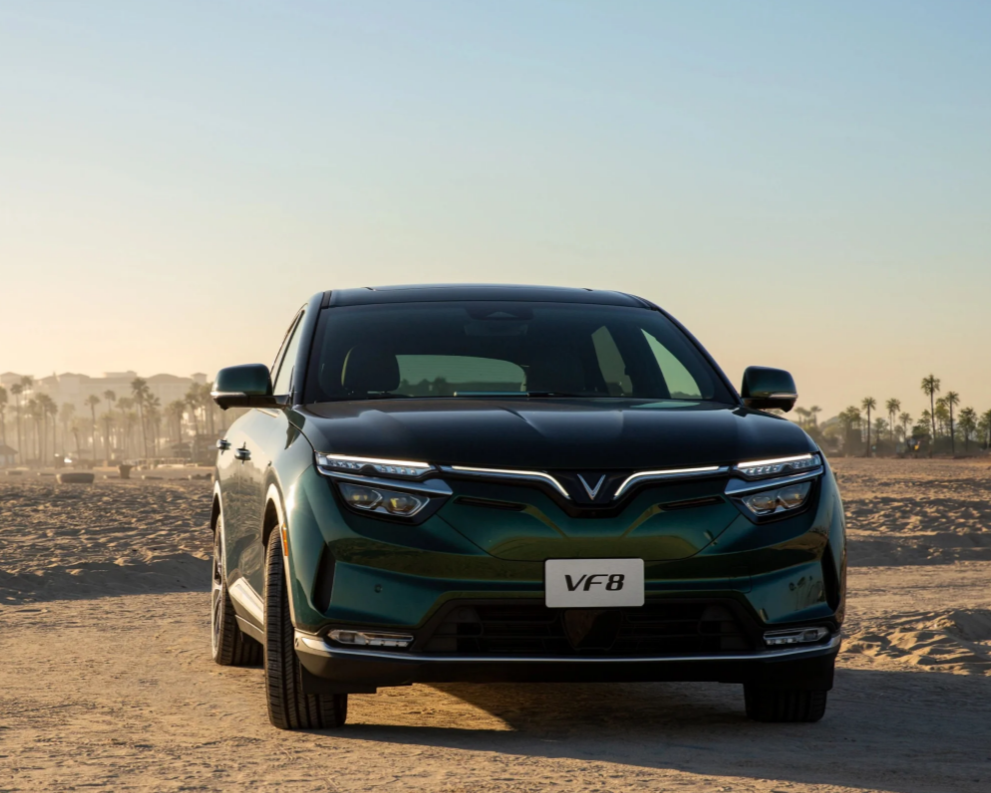Vietnamese electric car manufacturer VinFast is contemplating further delays to its planned USD 4 billion factory in North Carolina, according to an anonymous source familiar with the situation. The company, which has been struggling to attract U.S. consumers, initially announced the factory in 2022 with the intention of leveraging the Biden administration’s subsidies for American-made electric vehicles.
Originally scheduled for completion by July 2024, the factory’s operational start was postponed to 2025. Now, another delay is under consideration, said the source, who requested anonymity due to the confidentiality of the matter.
VinFast, which sold fewer than 1,000 cars in North America last year, stated to Reuters that it is “conducting a thorough review and evaluation of all aspects of the construction process for our North Carolina factory.”
Officials from Chatham County, where the factory site was inaugurated in July, have declined to comment on the potential delay. A county spokesperson noted that VinFast had twice modified the factory’s general assembly building plans, with the latest revision submitted in April still under review by the county’s permits department.
When VinFast announced the factory in March 2022, President Joe Biden highlighted the project as a key element of his economic strategy, projecting the creation of over 7,000 jobs. “It’s the latest example of my economic strategy at work,” Biden tweeted at the time.
The factory’s delay comes as Biden campaigns heavily to win North Carolina in the upcoming presidential election, a state narrowly won by Republicans in 2020.
Compounding VinFast’s challenges, the company has faced legal issues in the U.S., including a lawsuit over unpaid rent for a showroom and two separate investigations. One investigation pertains to an April crash in California involving a VinFast VF 8 car that resulted in four fatalities, and the other involves alleged patent infringements related to aluminum used in the VF 8 by ArcelorMittal.
Globally, VinFast sold fewer than 35,000 cars last year, mostly within Vietnam, despite having a factory with an annual production capacity of 300,000 cars in northern Vietnam. Most of its domestic sales were to related parties, and the company’s net loss widened by 15% last year to USD 2.4 billion.



